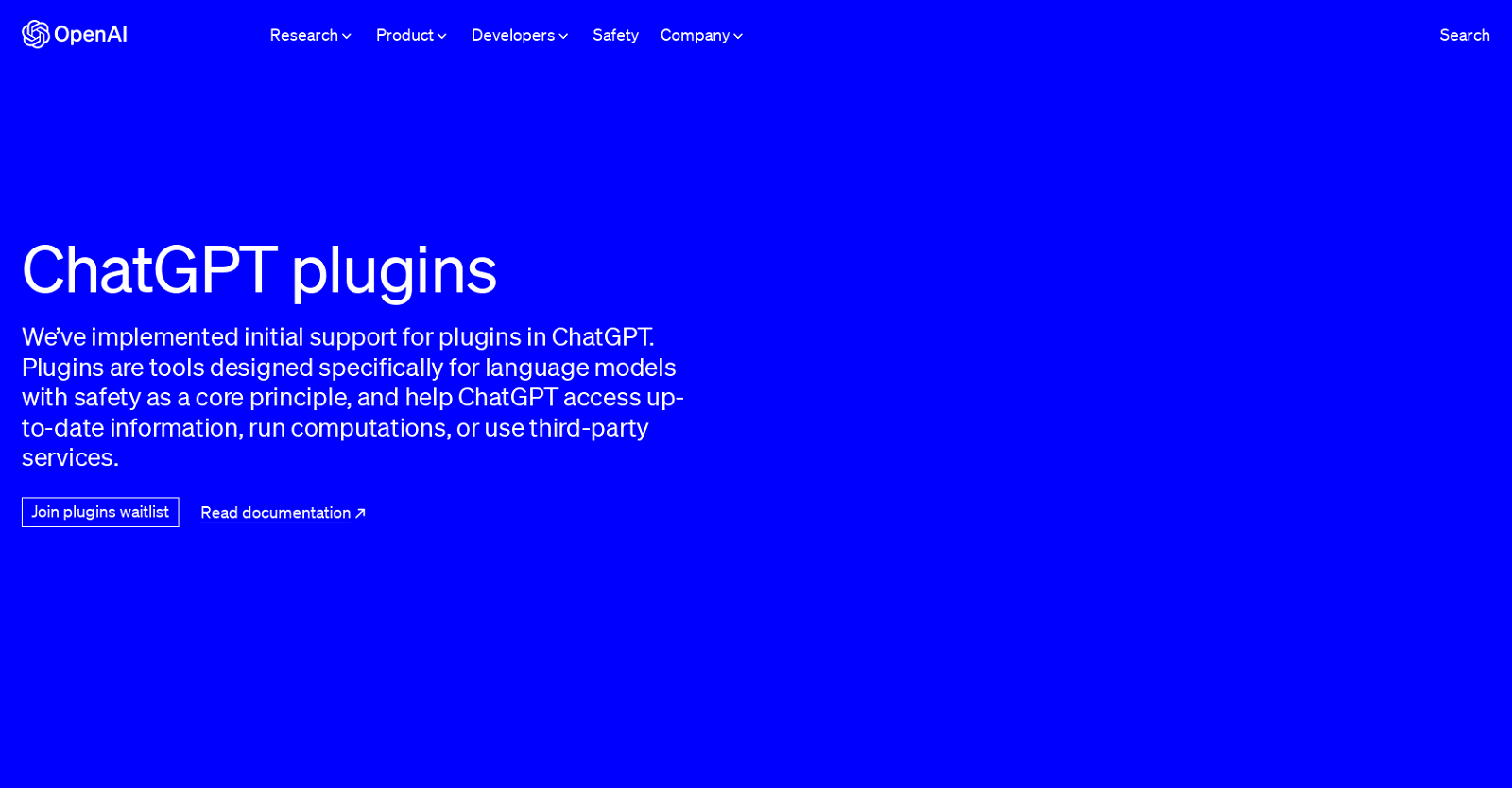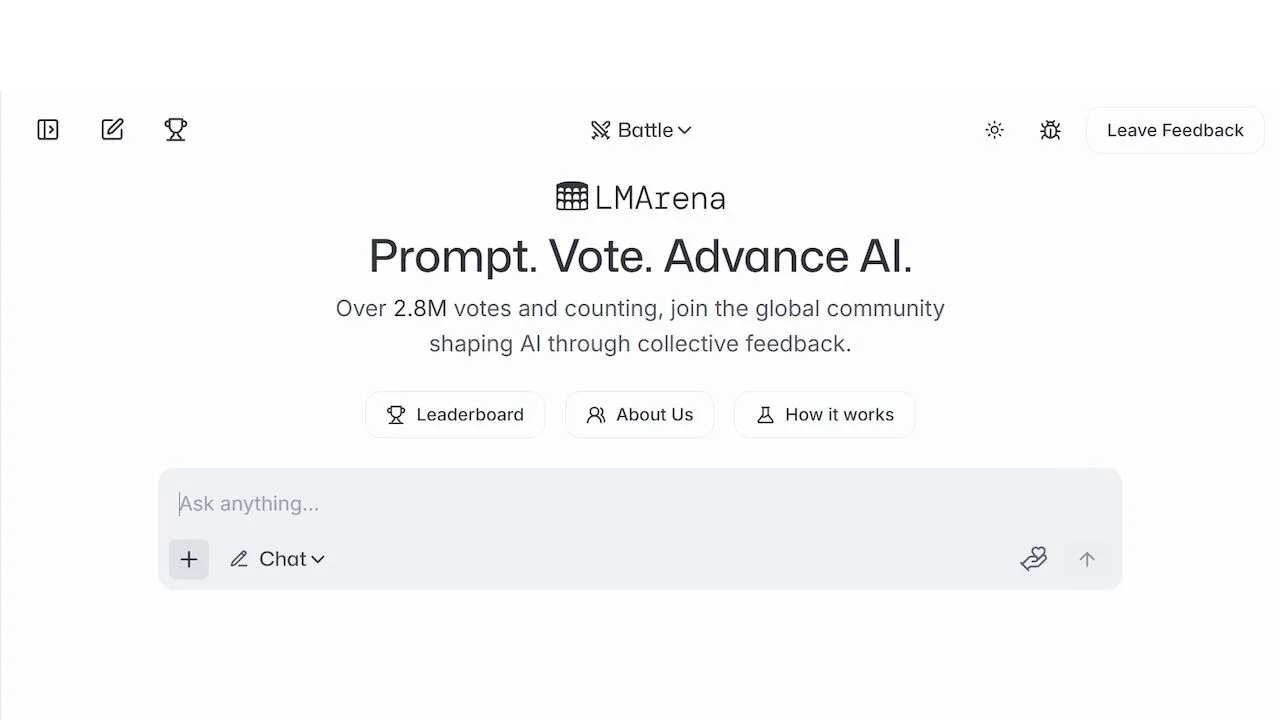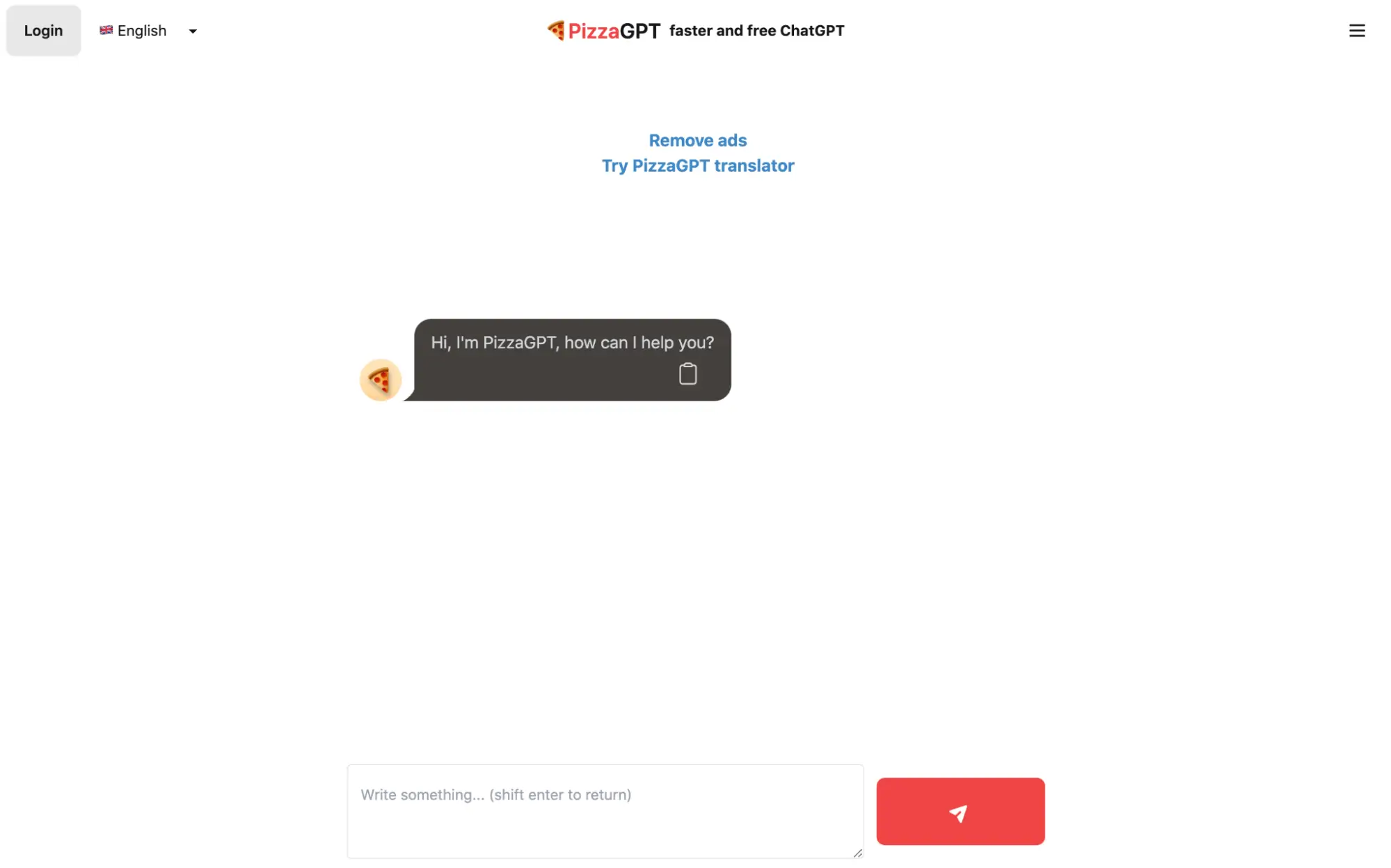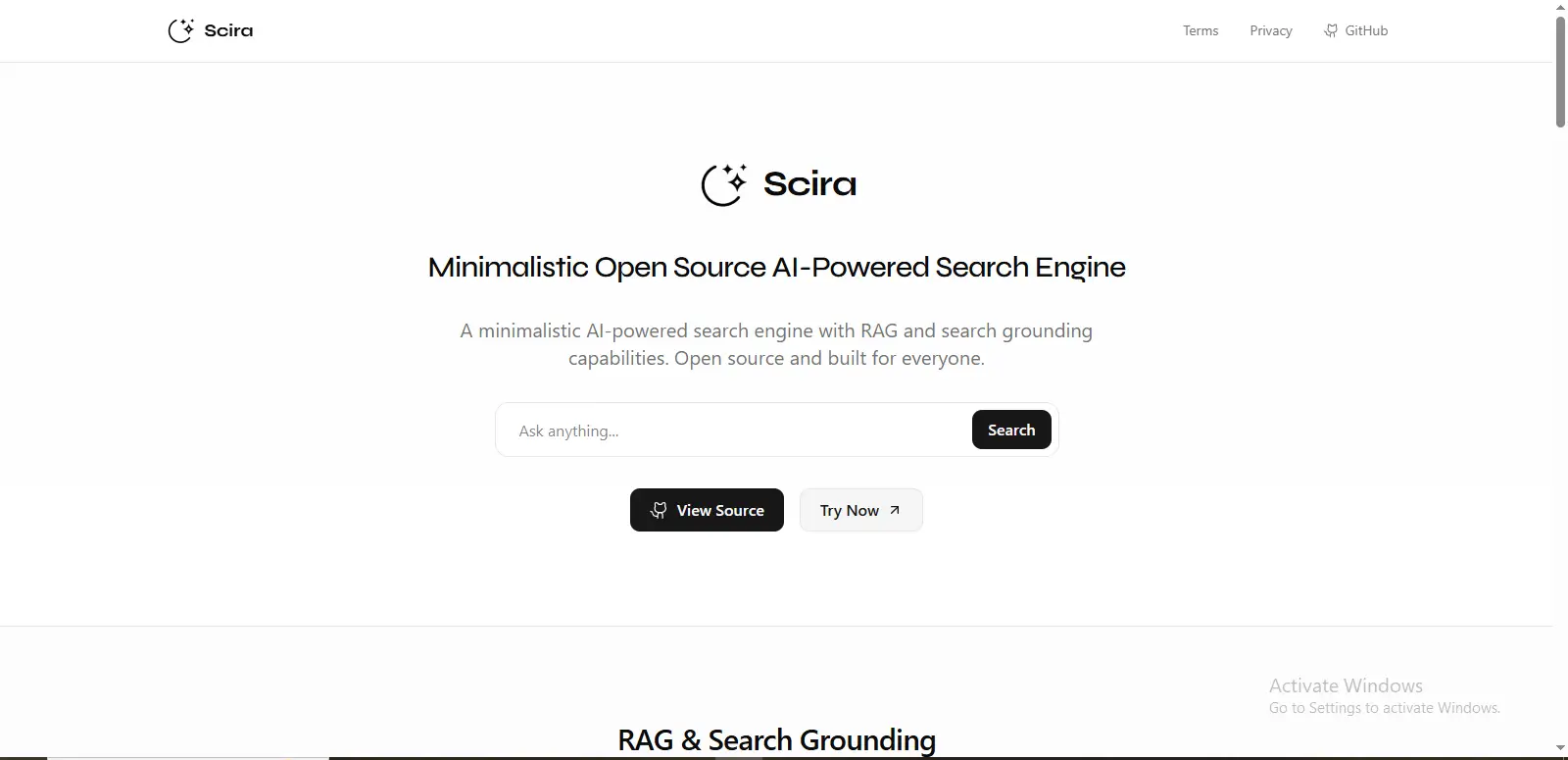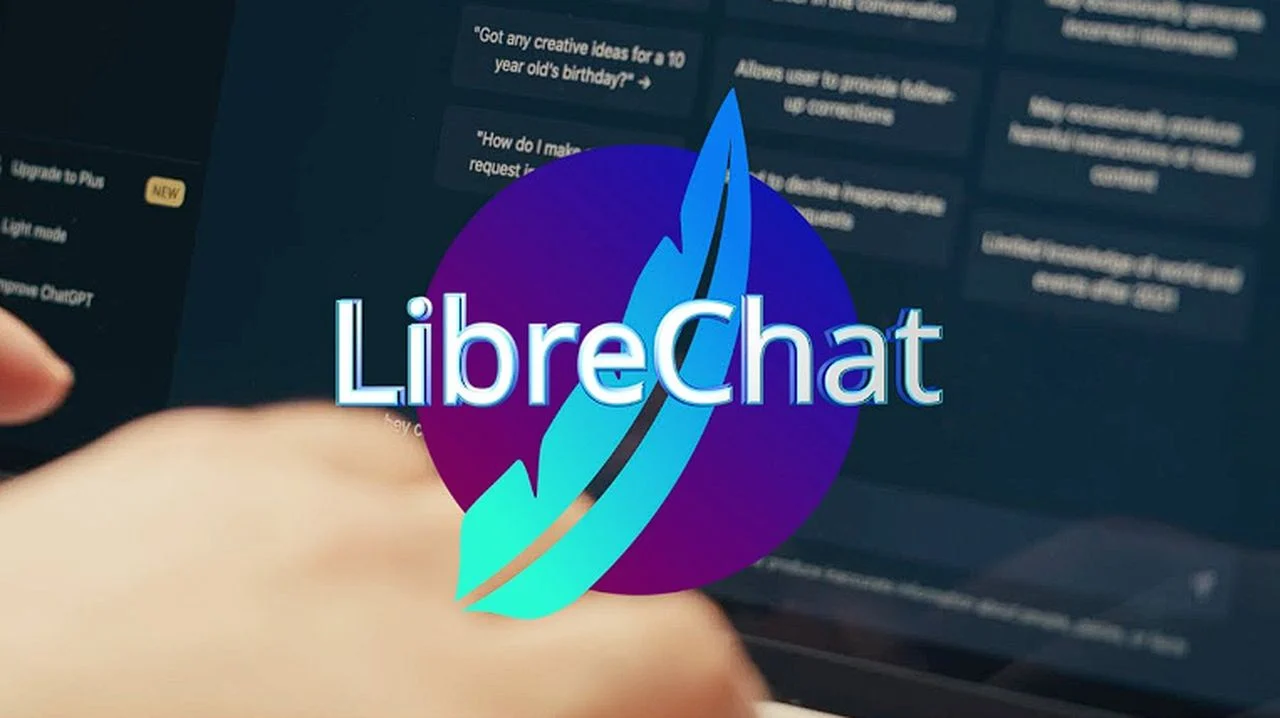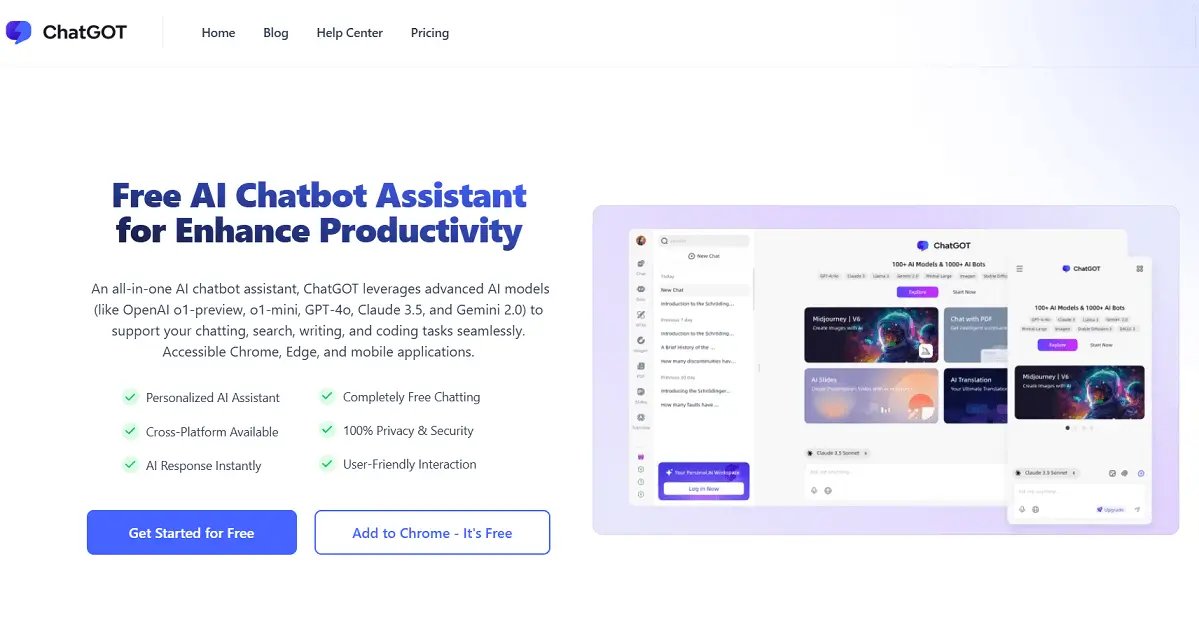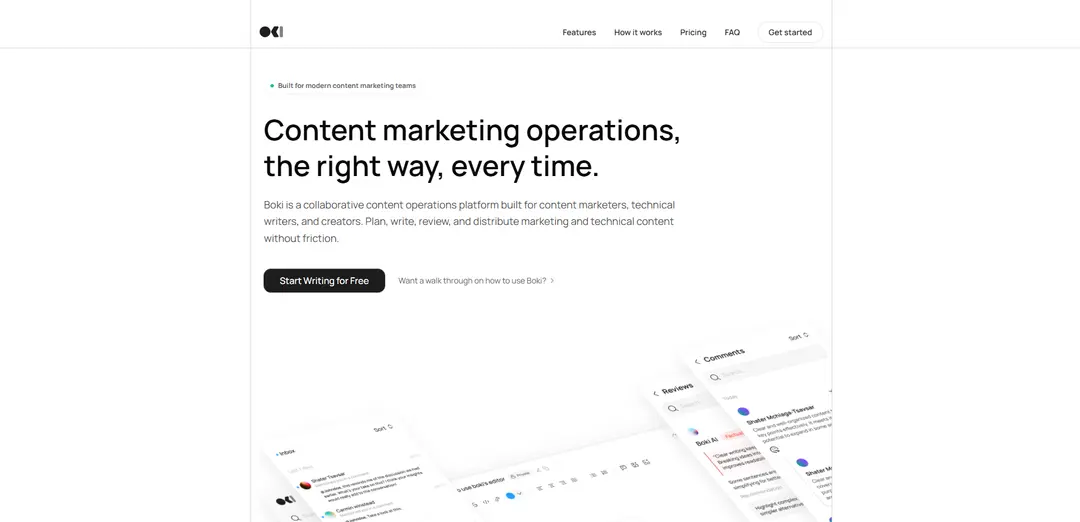ChatGPT Plugins is a tool crafted to enhance ChatGPT, a language model AI tool, by offering users additional functionality and access to real-time information or third-party services.
Safety is paramount in the design of these plugins, and they are being gradually introduced to a small group of users initially to assess their impact, safety measures, and alignment with user needs.
The initial batch of plugins has been developed by renowned companies like Expedia, Klarna, Slack, and Wolfram, alongside plugins for web browsers and code interpreters.
These plugins serve as extensions, enriching the language model’s capabilities beyond generating text by providing access to personalized or specialized information not present in its training data.
They empower the language model to perform computations, retrieve up-to-date information, and engage with external services, effectively serving as its “eyes and ears” in the digital landscape.
The rollout of ChatGPT plugins will gradually expand to a broader user base over time, and developers who have received invitations from the waitlist can leverage provided documentation to create their plugins.
Furthermore, the code for a knowledge base retrieval plugin has been made open-source, offering developers the option to host the plugin independently.
Ultimately, ChatGPT plugins are conceived to foster collaboration within the community and enable users to influence the interaction dynamics between humans and AI.
More details about ChatGPT plugins
How do ChatGPT plugins enhance the functionality of language models?
ChatGPT plugins enhance the functionality of language models by granting them access to more specific or personalized information beyond their training data. Additionally, they enable the models to perform computations, access real-time information, and interact with third-party services, expanding their capabilities beyond generating text.
How can users control which plugins are enabled or disabled in their ChatGPT sessions?
Users can manage the enabled plugins in their ChatGPT sessions on chat.openai.com. They have the option to choose which third-party plugins they want to enable, and the documentation for these plugins is presented to the language model during the conversation to guide its usage.
What are some common applications of these plugins?
Common applications of ChatGPT plugins include providing users with specific or personalized information, executing computations, and facilitating interactions with third-party services. The actual applications can vary depending on the specific plugin and user requests.
What third-party services can these plugins interact with?
ChatGPT plugins can interact with a variety of third-party services. Some examples mentioned on their website include Expedia, Klarna, Slack, and Wolfram.
